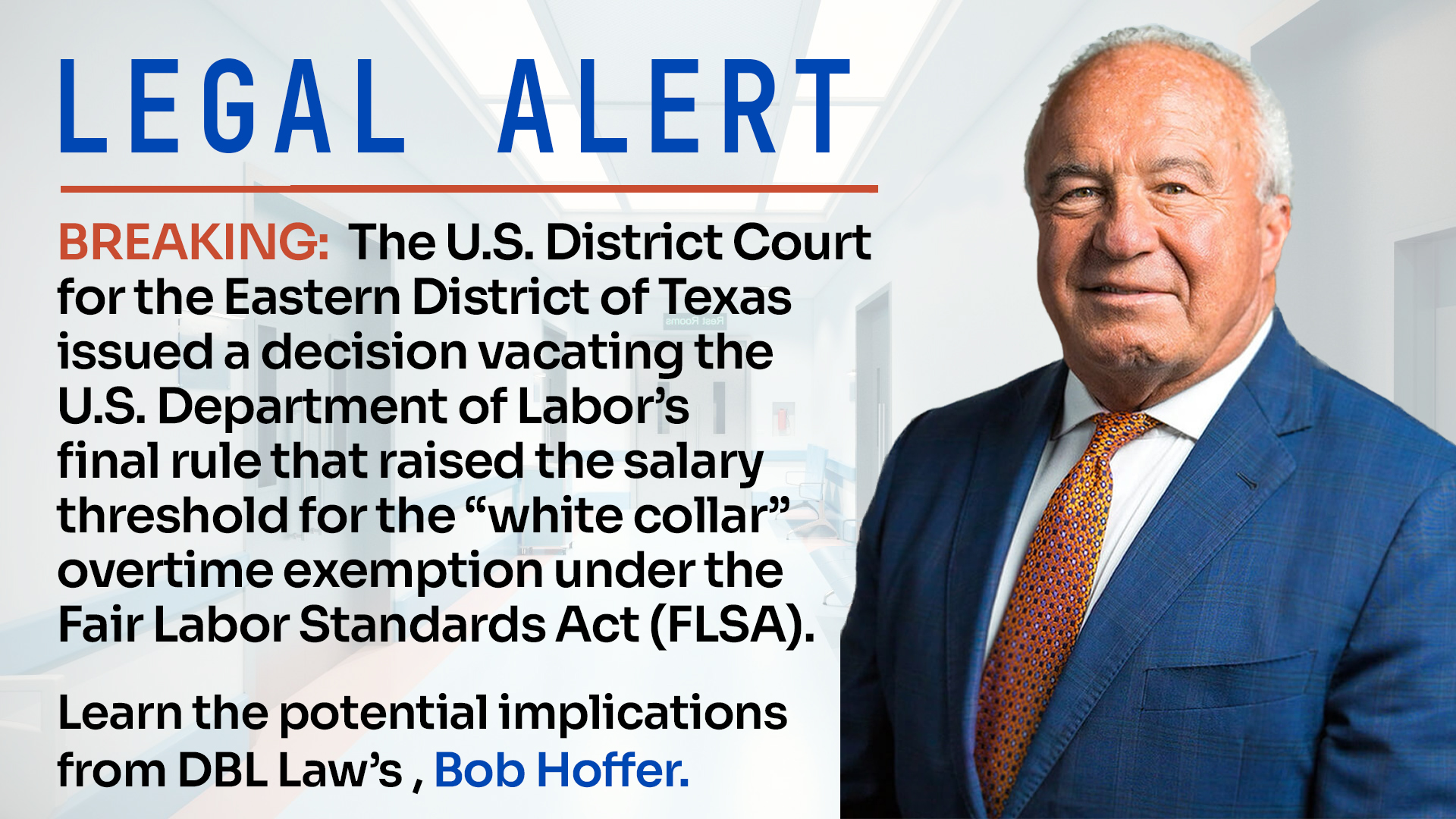The Kentucky Supreme Court decision in Northern Kentucky Area Development District v. Snyder changed the landscape of employment contracts across the Commonwealth. In its decision, the Court held that the Federal Arbitration Act (“FAA”) did not preempt then-enacted KRS § 336.700(2) and to that end, employers could not compel an employee to agree to arbitration as a condition of future or continued employment. The basis of the Court’s decision rested on its interpretation of the language in the employment contract between the parties and that in KRS § 336.700(2). As executed, the employment contract read “[a]s a condition of employment with the District, you will be required to sign the attached arbitration agreement.” In parallel, the language of the statute read “no employer shall require as a condition or precondition of employment that any employee or person seeking employment waive, arbitrate, or otherwise diminish any existing or future claim, right, or benefit.” Through its strict interpretation of KRS § 336.700(2), the Kentucky Supreme Court dismantled longstanding employment practices throughout the Commonwealth and left the future of alternative dispute resolution in employment claims uncertain.
Upon becoming the first state to prohibit the use of mandatory arbitration agreements, responses from Kentucky business and community organizations were swift. Seeking to reinstate the use of arbitration agreements in the Commonwealth, Senate President Robert Stivers introduced Senate Bill 7 in February 2019. After debate and revision, the bill passed the House, Senate and was signed by Governor Bevin the following month. With the revised KRS § 336.700 becoming effective on June 27, employers and employees need to understand the new law and how it impacts their rights. Not only does Senate Bill 7 change the language of KRS § 336.700(2), but it also adds new provisions in § 336.700(3).
While the language in the new § 336.700(2) mirrors that of its predecessor, the General Assembly removed “arbitrate,” and added a new section to specifically govern arbitration agreements. In § 336.700(3)(a) the law explicitly states “[a]ny employer may require an employee or person seeking employment to execute an agreement for arbitration, mediation, or other form of alternative dispute resolution as a condition or precondition of employment.” Though the language is permissive and employers can choose not to require arbitration agreements, § 336.700(3)(a) revives arbitration in the Commonwealth and returns Kentucky to equal footing with the rest of the United States.
Furthermore, additional provisions in §336.700(3) expand the scope of the statute and articulate other rights available to employers and employees. Subsection (c) allows an employer to require current and future employees to agree to lessen the limitations period available for bringing suit against the employer. However, the law also restricts the amount of time by which the limitations period may be reduced. Such agreements are not enforceable if preempted by state or federal laws prohibiting reductions to the limitations period or if the agreement lessens the limitations period by greater than fifty percent of the limitations period provided by law for a specific claim. For example, a claim for breach of contract must be brought within ten years, but under § 336.700(c) the employer and employee may agree to reduce the limitations period to five years. After June 27, because the law has prospective and retroactive application, existing agreements which reduce the limitations period by greater than fifty percent are invalid and unenforceable under subsection (c). Employers must review their employment contracts to either confirm compliance with this provision or to draft new contracts that align with this requirement.
Although both are permissive, subsections (b) and (d) also impact the rights of employers and employees. As part of the settlement of pending litigation or other proceeding, subsection (b) allows employers to require an employee to waive outstanding claims he or she may have against the employer as a condition of rehire. Therefore, if an employee were to file age discrimination and wrongful termination claims against his or her employer and the parties settle only one of the claims, the employer may require the employee to waive the other if he or she wishes to be rehired. Additionally, subsection (d) permits an employer to condition employment on conducting a background check or other report. Undergoing a background check is commonplace when seeking employment in the public and private sectors. If an employer complies with applicable state and federal law when generating a report and using it to inform hiring decisions, conducting a background check is completely legal. Including subsections (b) and (d) in the newly revised § 336.700 simply codifies an employer’s right to utilize these customary employment practices.
Kentucky employers should act now to review their employment contracts to ensure compliance with these new provisions of Kentucky state law.




